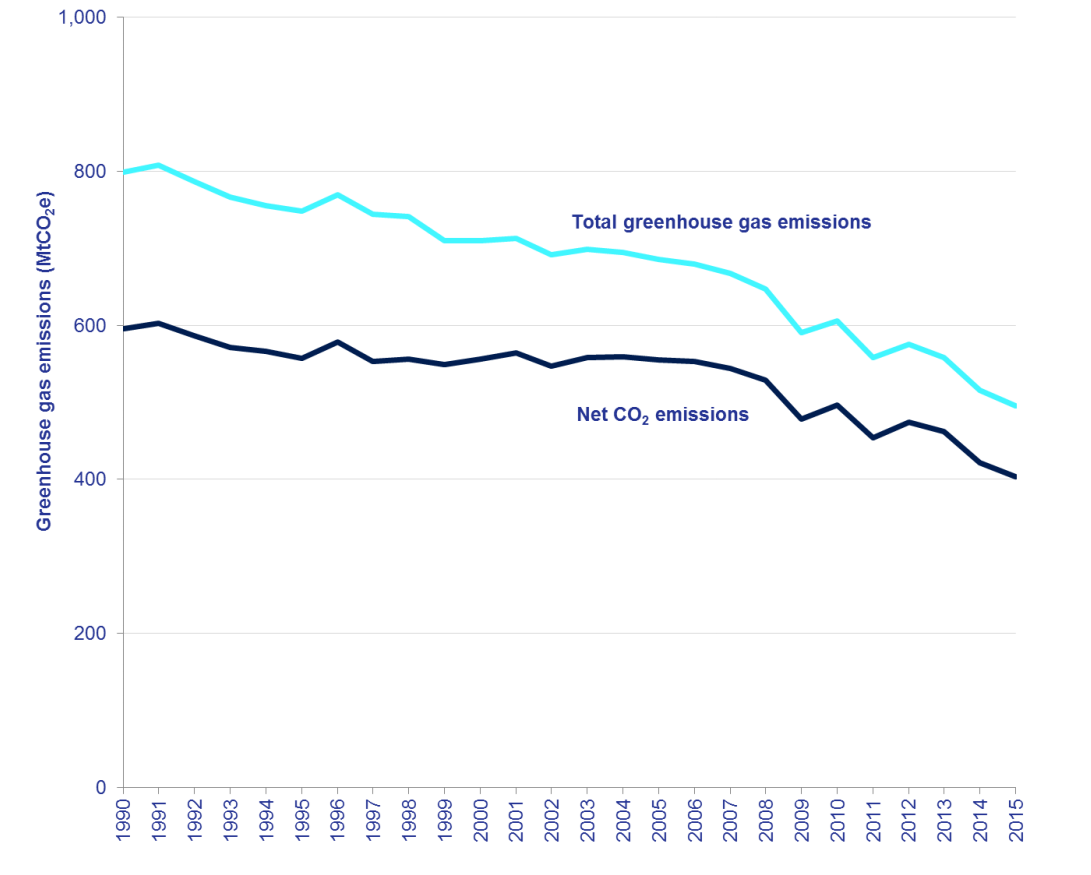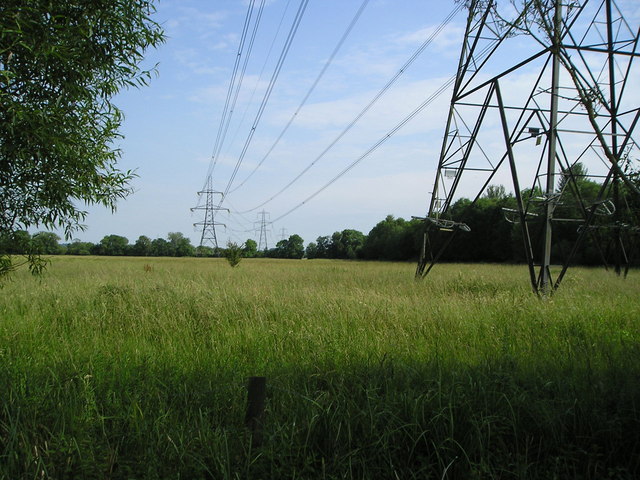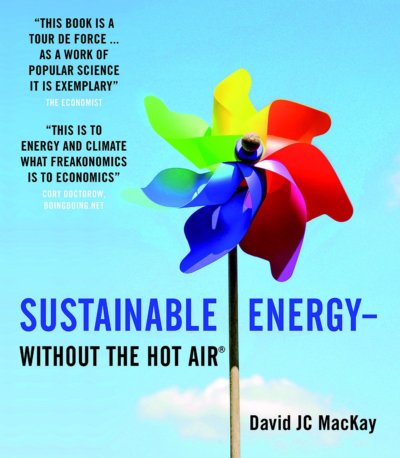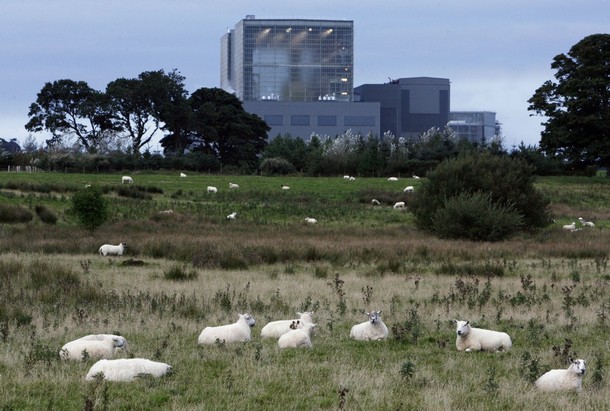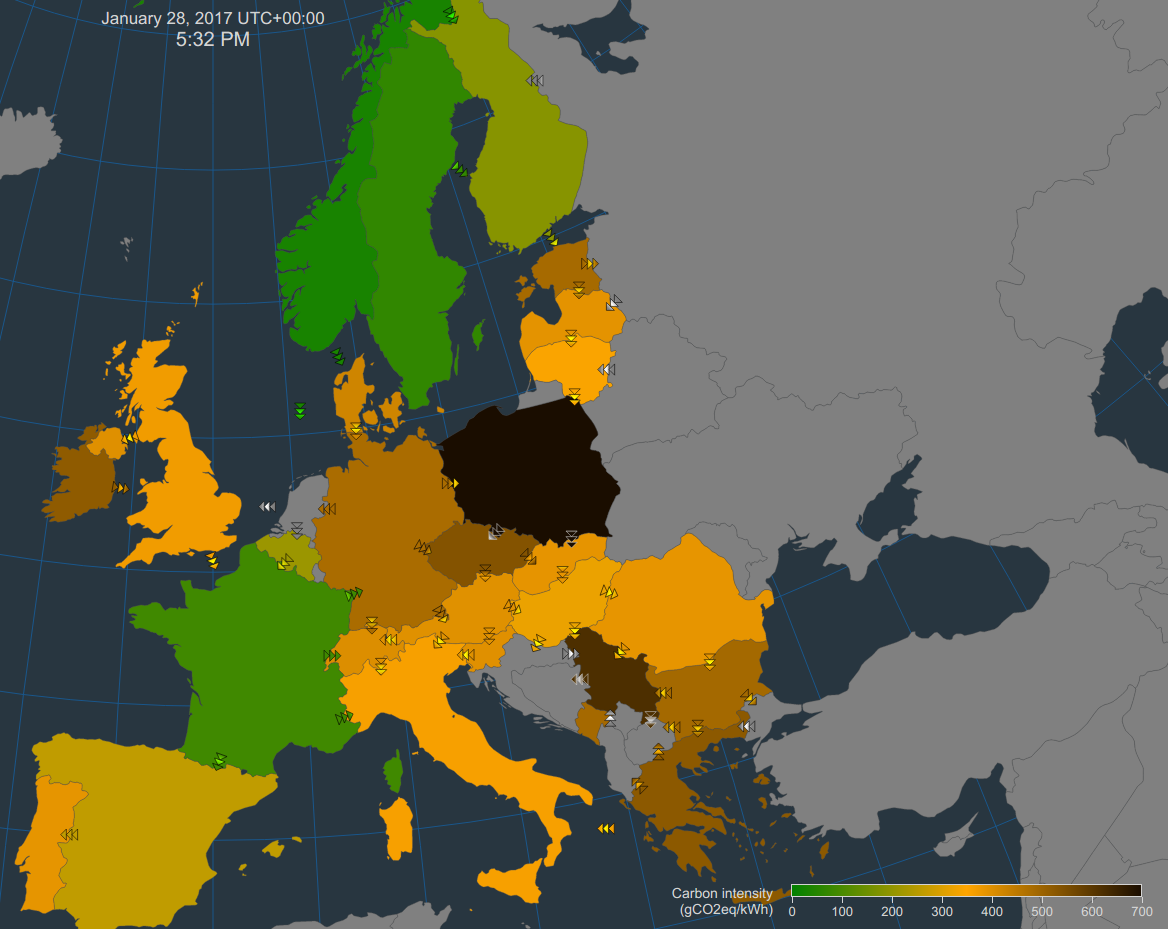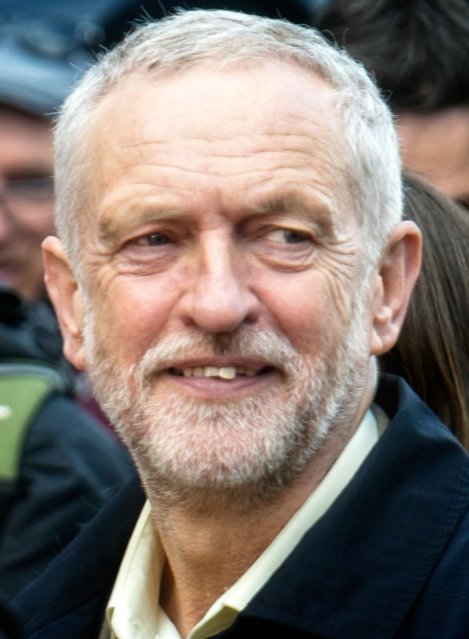All Articles
Oxford & District Labour Party AMM October 2017
Our post-conference all members meeting, featuring reports from the county council Labour group, the city council Labour group, a parliamentary report, and a report on Conference by Cherry (one of the delegates).
Oxford & District Labour Party AMM September 2017
Our pre-conference all members meeting, featuring a parliamentary report, a delegate votes on conference arrangement committees, a vote on various conference motions, and a motion on hate crimes.
On Climate Change, Ashton Beats Corbyn
Following on from the success of Jeremy Corbyn and Bernie Sanders in the UK and US, Niki Ashton has been presenting herself as the left-wing candidate in the current NDP leadership race. Recently she published a commitment to “environmental justice” which stacks up very well against Corbyn’s disappointing commitments on energy and climate change.
Labour Policy Responses: Environment, Energy and Transport
The NPF document rightly identifies climate change as one of the greatest challenges of the century. However, beyond this, it has little to say. It refers to the Paris Agreement of 2015, but does not acknowledge that the stated goal of keeping warming below 2°C, or even 1.5°C, is not going to be achieved with the emissions commitment which were made. Nor is the magnitude of the challenge of keeping temperatures below those limits recognised. It seems inconceivable that it could be done without state-directed economic planning on a scale previously unseen in the West during peacetime.
A 21st Century Energy Policy, Part 4: The Institutions to Make it Happen
As discussed in Part 3, transition to a low-carbon economy is a massive task which will require extensive government intervention. A great deal of work will be needed to develop the capacities for the state to make such investments and the proposals made thus far by Jeremy Corbyn are wholly inadequate. What is needed is a nationalised, vertically integrated electricity sector.
A 21st Century Energy Policy, Part 3: The Technology of the Future
If humanity is to have any hope of avoiding catastrophic climate change, developed countries must take aggressive steps to decarbonise as quickly as possible. This will mean not only replacing existing fossil-fuel power plants, but greatly expanding all electricity production to replace gas and petrol. Such a task demands not just an energy policy, but a comprehensive economic plan.
A 21st Century Energy Policy, Part 2: Nuclear Powered Socialism
As described in the previous article, renewable energy will not be able to provide the backbone of Britain’s electricity supply. If fossil fuels must be abandoned and renewable energy isn’t up for the task, that leaves nuclear power. Nuclear power is, today, almost universally reviled by the left, which views it as dirty, dangerous, and expensive. The truth is, it need be none of these things.
A 21st Century Energy Policy, Part 1: All that’s Wrong with Renewables
With the exception of Arthur Scargill, most on the Left agree that the days of fossil fuels must soon come to an end. But if we are to wean ourselves off of coal and other fossil fuels, what will take their place? The answer which springs to everyone’s lips is “renewable energy”. Unfortunately, getting a majority of Britain’s energy from renewable sources is not attainable.
No Limits on the Left
Here’s something you won’t hear everyday: I’m to the left of Jeremy Corbyn. If you listened to much of the British media, you wouldn’t think that’s possible, given that the now twice-elected leader of the Labour Party is apparently a Lenin-loving, Hamas-hugging, business-bashing commie fiend dead-set on nationalising your children and making them go on strike in reopened coal mines. And yet, here I am, proudly nailing my colours to the mast, revealing them to being considerably redder than those of certain bearded brethren.
You Don’t Have to Like Brexit, But You do Have to Live With it
Well, the vote was for Brexit. I can’t say I’m a fan of the EU, but I take no joy in this outcome. With its narrative of out-of-control immigration, the interfering outsiders, and Britain no longer being Great thanks to the burdens of the EU. It was not a pleasant campaign for those of us on the Left. However, the vote happened. We don’t have to like it or agree with it, but we have to accept it.

